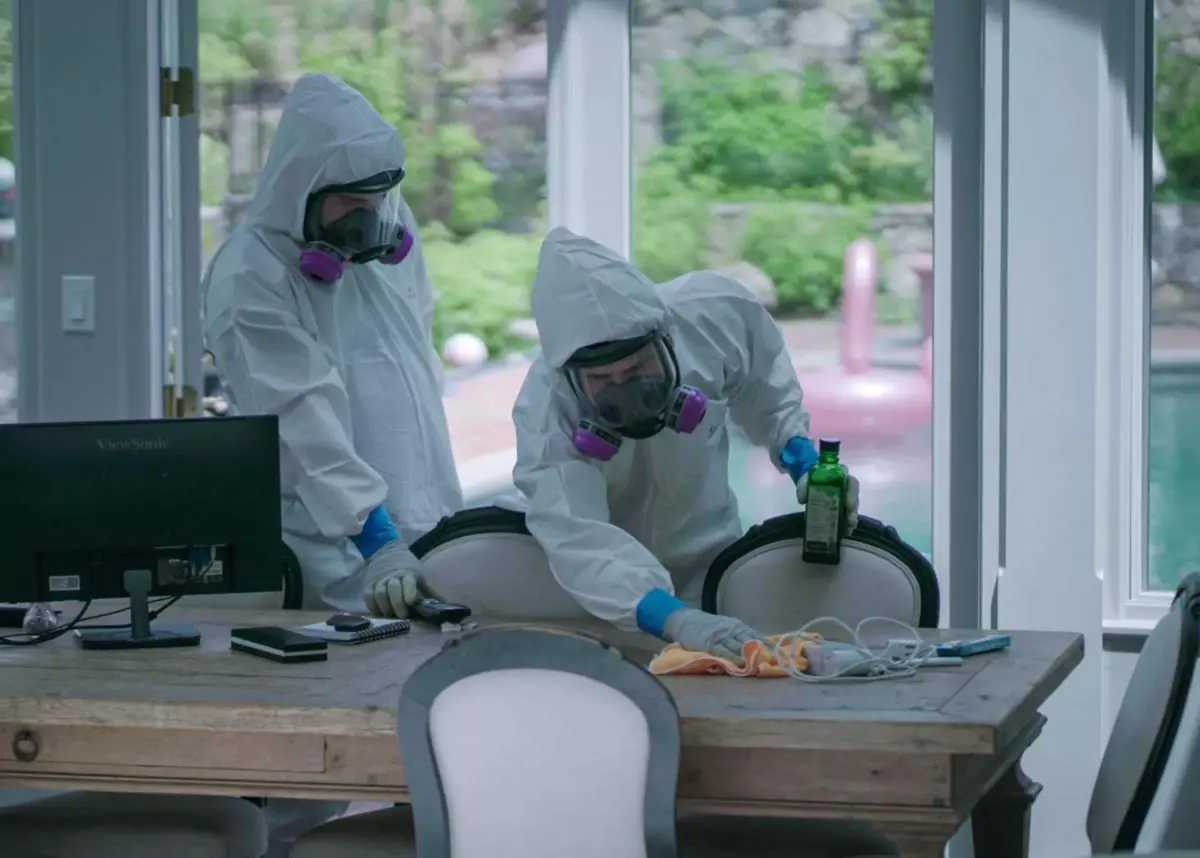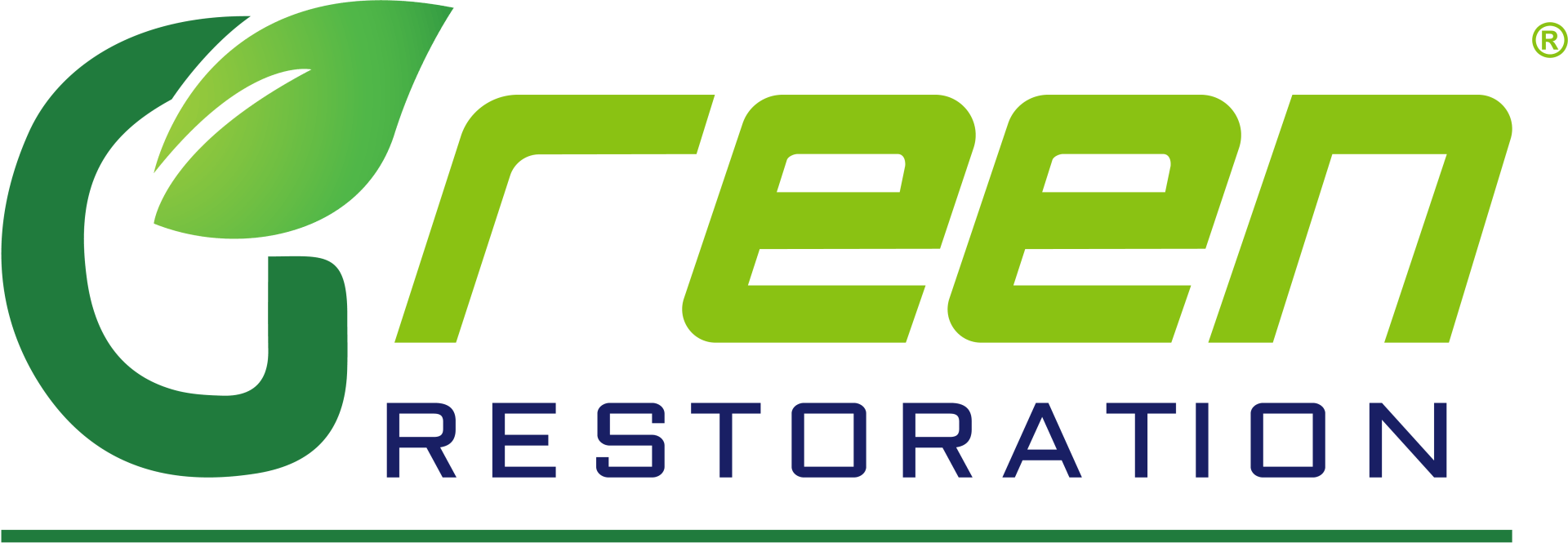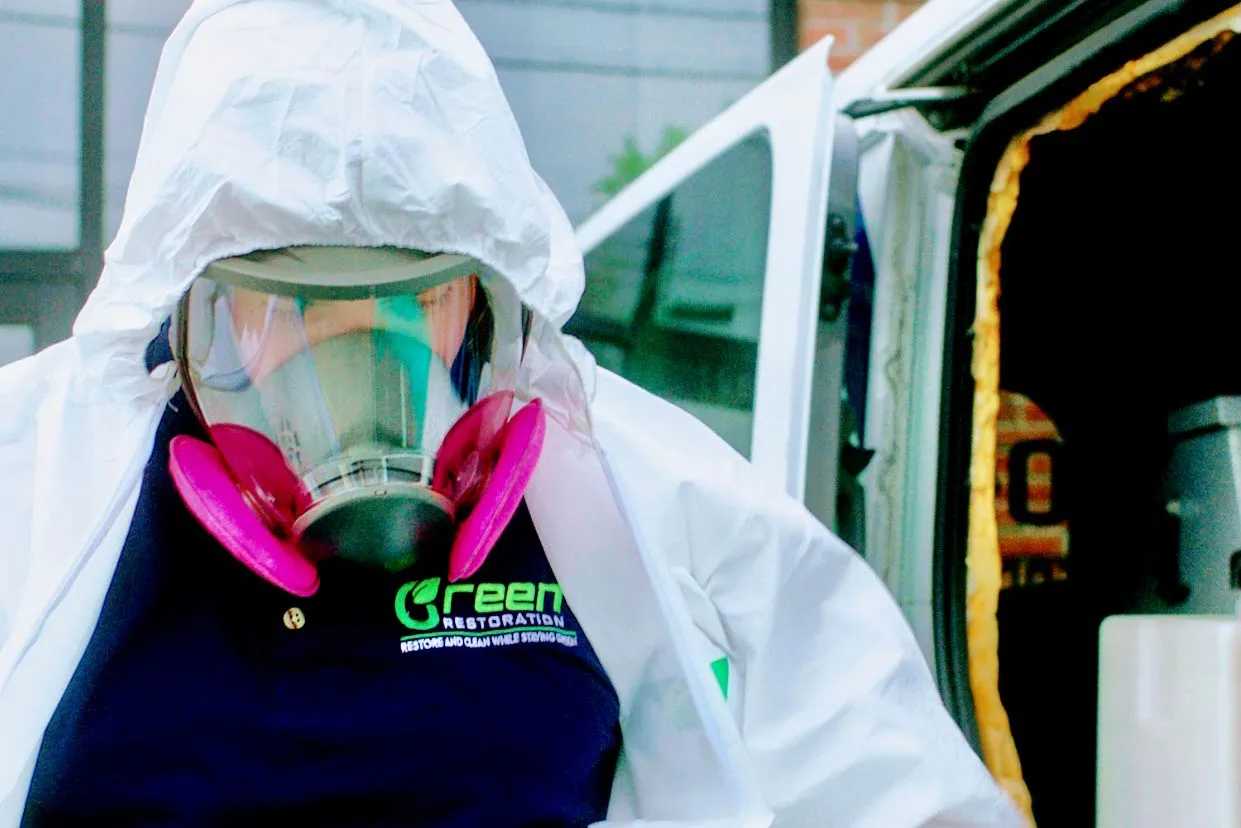Septic Tank Failure Damage Restoration team
Faulty Septic Tank Water Damage Cleanup Services
The septic tank is a highly complex plumbing system part. Usually, residential septic tanks are buried underground. This makes it very difficult to detect problems. Unfortunately, when problems appear, you have to excavate the tank, remove contents, perform the necessary repairs, and also clean up the septic tank failure mess. One of the most important things to remember about sewage cleanup and septic tanks is to educate yourself to identify septic tank problems before they become very costly to fix. Whenever you think that your septic tank has failed, give Green Restoration a call. We would be happy to get to your home in all Connecticut counties or in Westchester County, NY and diagnose the problem. Remember: acting fast is vital for proper septic tank failure repairs and cleanup.
Septic Tank Failure Warning Signs
Gurgling Sounds – Gurgling noises might be heard from the toilet, especially when you flush. It can also be heard when you run the faucet. Usually, this signifies that the septic tank might be full and ready to leak.
Slow Drainage – When septic tank issues appear, all home drains start running slow. The line might be clogged so home waste water cannot escape fast enough.
Flushing Troubles – Because the toilet leads to the septic tank, whenever flushing is problematic, like when water does not go down the toilet drain, a sewage backup or a clog might be present.
Foul Odors – Septic tank leaks often back up through your plumbing system, right towards the home. This leads to the appearance of egg-like, rotten, foul odors. When you see this warning sign, serious sewage backup will soon appear.
Standing Water – When you see standing water in your home or yard, it can be a sign that there is septic tank failure present, usually a leak. Unfortunately, pooling water can easily lead to numerous other problems, like mold and bacteria growth.
How Can Septic Tank Failure Be Prevented?
The only way to prevent septic tank failure is to make sure you respect routine maintenance tasks, and that you always ensure proper operation. Septic systems that are properly sited, designed, and installed work for a very long time.
Make sure you inspect the septic tank annually and the pump every 3 to 5 years. Excess water use should be avoided, and you need to avoid putting down the toilet any items that cannot flush properly.
How Can Septic Tank Failure Be Prevented?
The only way to prevent septic tank failure is to make sure you respect routine maintenance tasks, and that you always ensure proper operation. Septic systems that are properly sited, designed, and installed work for a very long time.
Make sure you inspect the septic tank annually and the pump every 3 to 5 years. Excess water use should be avoided, and you need to avoid putting down the toilet any items that cannot flush properly.
The Dangers of Septic Tank Failure
When septic tank failure happens, contact Green Restoration septic tank failure experts as soon as you can. This is because failing septic systems can easily contaminate all nearby waterbodies and well water.
The untreated wastewater present in the sewage system is a clear health hazard. It can easily cause many different diseases. As untreated wastewater reaches the groundwater, usually because of a septic tank leak, even the neighbor’s well will be contaminated.
Safely Fixing Your Septic Tank
Septic tank failure can become a huge issue and that’s why you need to contact eco-friendly certified sewage specialists! Untreated wastewater will contaminate recreational swimming areas, shellfish beds, and waterbodies or nearby streams if left untreated. Call our 24/7 emergency cleanup phone number now! We will be at your home in Connecticut counties or in Westchester County, NY as soon as possible.

Find a Location
For more information about air quality testing or to schedule service, call us at (833) 800-0474 or click the button below to find a location closest to you.
For more information on air quality testing or to schedule service, call us at (833) 800-0474 or visit our contact page.

